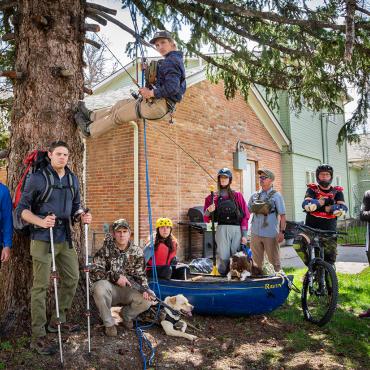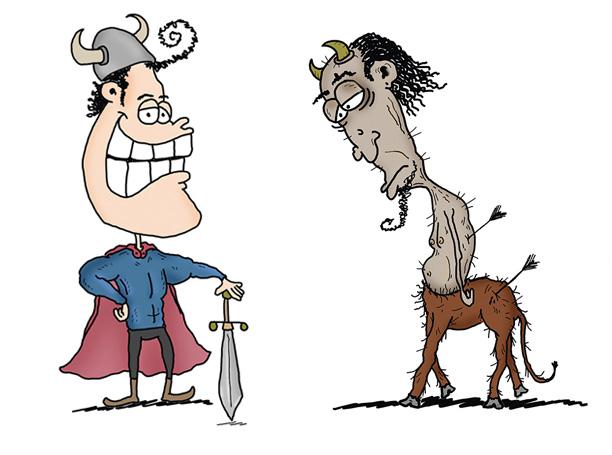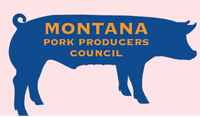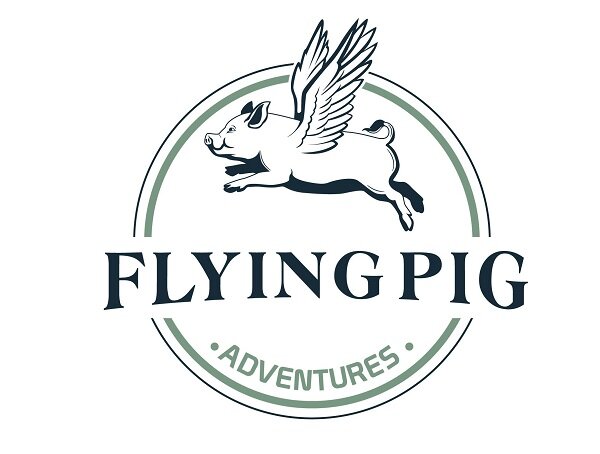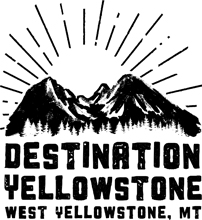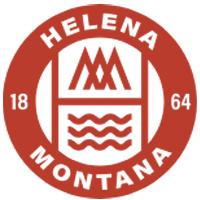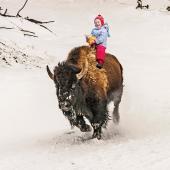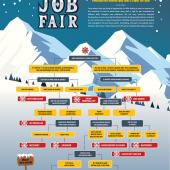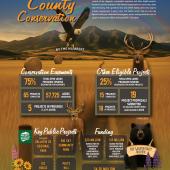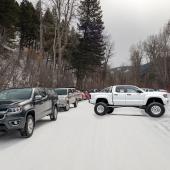Champs & Chumps: Summer 2022
In the great arc of human history, little is more common than the power-struggle between classes. Its effects are vast and varied, from informing interpersonal etiquette, to influencing social policy, to eliciting bloody revolt. The American West is no stranger to this brand of conflict, and one of the latest incarnations is the growing feud between landowners and recreationists. The cattle barons of yore spring to mind—after all, the more things change, the more they stay the same. And in this latest battle of bourgeoisie versus proletariat, the stakes are rising. With a sympathetic legislature, the owners of large Montana ranches harboring vast herds of elk are increasingly shutting out the average Joe in favor of out-of-state elitists dropping 15 grand on a five-day trophy-bull hunt.
Now, we understand that private property is just that, private. We understand that people want to make money—we do, too. But according to the Montana constitution, our state’s wildlife belongs to everyone. That means that when it comes to using it as a resource, there must be a balance between private and public interests. Which brings us back to the power-struggle. And in this latest land-use tug-of-war, one side isn’t being honest.
Chumps
In recent years, some Montana landowners have complained about elk overpopulation and the resultant damage to crops and fencing. In response, Montana Fish, Wildlife & Parks (FWP) implemented an extended cow-only hunting season, to help shrink herds and reduce damage—a common wildlife-management solution that has served the state well for decades. But these same landowners refused to allow public access, so nothing changed. (Go figure.) Next, invoking a state law mandating FWP to keep elk populations in check, the United Property Owners of Montana (UPOM) filed a lawsuit demanding that the agency take measures that do not involve public hunting. What does that leave? Private hunting, of course—namely, special bull-elk permits which, unlike cow tags, can be sold for serious cash. Sanctimoniously citing one law to serve its purposes, while violating another that doesn’t? UPOM has reached new heights of hypocrisy. To the pillory!
Champs
On the other side of the spectrum, there’s American Prairie. Instead of monopolizing public wildlife, they’re doing the exact opposite—sharing the resource with everyone. Quietly buying up ranches at fair market value—not taking them, as UPOM would have you believe, with their disingenuous “Save the Cowboy” banners—American Prairie allows public hunting on 69,000 acres of private land around the Missouri Breaks, much of it enlisted in FWP’s Block Management Program. Moreover, unlike UPOM members, American Prairie allows the public to cross its private land to access adjacent public land—an act of noblesse oblige that demonstrates respect for the property rights of the people, too. No “Trespassers Will Be Prosecuted” signs, no territorial snarling at the edge of their precious turf—all are welcome to enjoy the bounty, provided they follow the normal rules of respect and fair chase. Which, of course, is reminiscent of the kindly, salt-of-the-earth ranchers of Montana’s good ol’ days. Ironic, ain’t it?
Editor’s note: Like UPOM, we initially regarded American Prairie with suspicion, suspecting them of building a “billionaire’s club” from which the general public would be excluded. But after spending time on their land—hiking, biking, and hunting—and talking to its staff, we realized that nothing could be further from the truth. The real threat to Montana’s traditional way of life is not American Prairie, but property-rights zealots like UPOM, who oppose stream access, corner-crossing, and any other right or privilege that does not coincide with their own.


